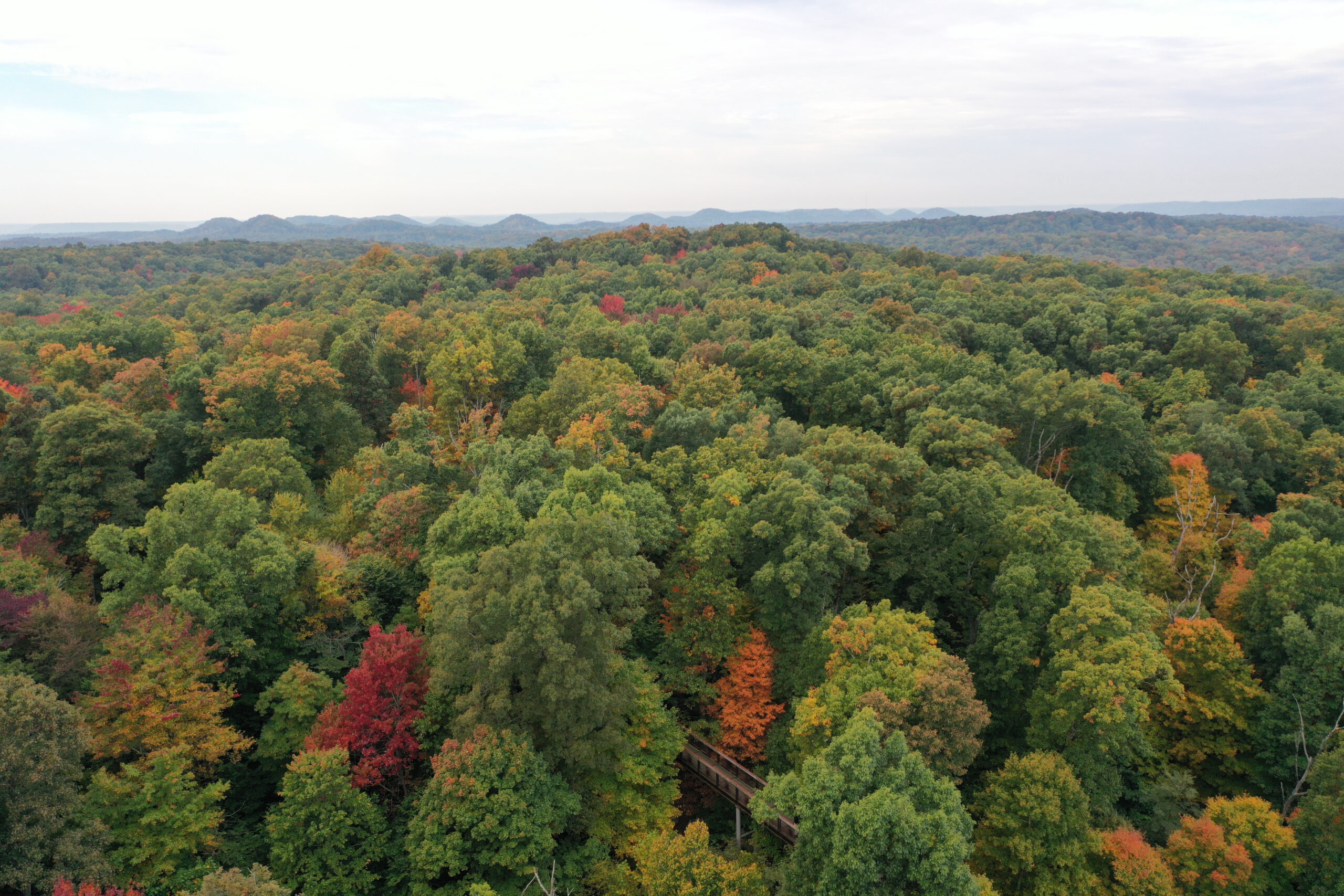By Bernheim
 No, this isn’t that kind of article. It is springtime and most of us are spending more time outdoors enjoying the wonders of nature. Spring brings us increased signs of life including wildflowers and the animals that pollinate them (including those birds and bees). Without pollination there would be no wildflowers.
No, this isn’t that kind of article. It is springtime and most of us are spending more time outdoors enjoying the wonders of nature. Spring brings us increased signs of life including wildflowers and the animals that pollinate them (including those birds and bees). Without pollination there would be no wildflowers.
There are serious threats to the process of transferring the pollen from the anther (the part of the stamen that contains the pollen) of one flower to the pistil of another. While some plants are self-pollinating or rely on the wind, most (approximately 75-80 percent) need the help of animals to do the task. Habitat loss, pollution, and use of dangerous chemicals all can interfere with pollination. We must add climate change to the list of threats.
Most plants rely on insects to carry on pollination, others birds, and still others, mammals. Some flowers attract a variety of pollinators, but many others have only a few species that perform the task, and some have only a single animal species as their pollinator. The tiny chocolate midge is the sole pollinator of the cacao plant; no chocolate midge, no chocolate. The long nose bat is the pollinator partner of the agave plant, without these bats, no tequila.
Climate change can alter the equation. The animal pollinator has to be present and active during the time when the plant is flowering. Often this time period is very short. When an early spring causes plants to flower well before their usual time, will it also signal the associated animals to do their part? Unfortunately, not always. Evidence from numerous researchers is demonstrating that this mismatch is leading to huge problems. Some food crops are suffering and and many other plants that are a valuable part of our environment are in danger. Very often the animal pollinator also depends on the associated plant species for its own survival, when we lose one, we may lose the other.
This very troubling scenario should increase our determination to protect and preserve our environment and reduce the causes of climate change. There is hope for our future but it depends on our actions. A quote often attributed (probably inaccurately) to Albert Einstein says “If the bee disappeared off the surface of the globe, then man would have only four years of life left. No more bees, no more pollination, no more plants, no more animals, no more man.”
–Ken Johnson, Volunteer Naturalist
Interested in learning more about bees and Bernheim’s efforts to support the honeybee population? Come out to Bernheim on Saturday, April 22 (Earth Day!) to see Bernheim’s beekeepers install the honeybee hive at the Education Center.

